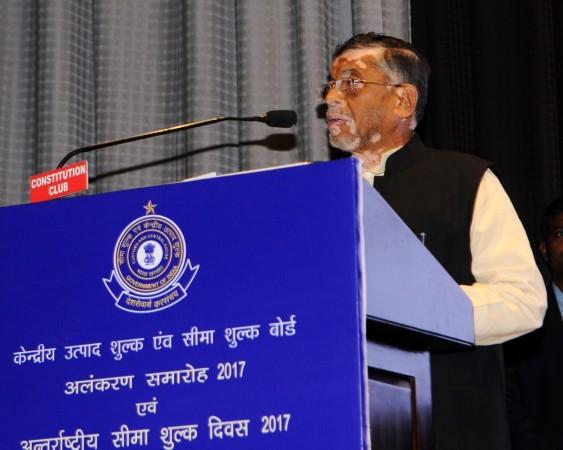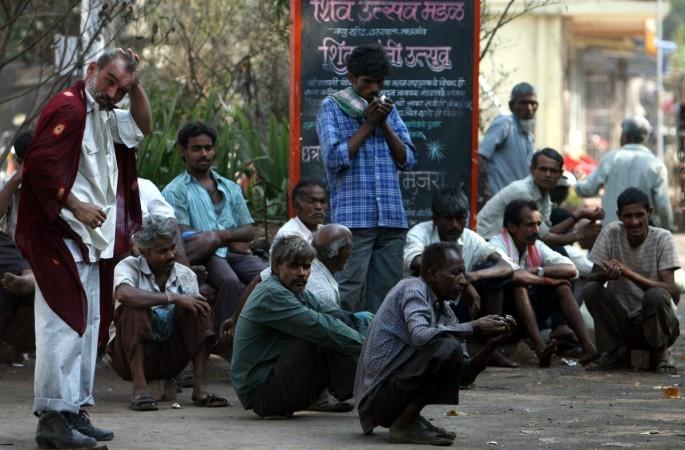
Government's proposed labour law changes, if passed, are quite likely to result in a live-in relationship between employees and organisation. No strings attached relationship wherein firms can hire and fire without government's nod and the one that leaves employees with little recourse for legal action in case things turn sour.
Simply put, it'll be easier for companies employing up to 300 workers to dismiss their workforce as it'll not be required to frame standing orders or take official permission.
Ever since The Industrial Relations Code Bill, 2020 has been introduced in the Lok Sabha by Labour and Employment Minister Santosh Kumar Gangwar, there has been a hue and cry and some valid noises over the Centre tightening norms on labour unions' right to go on a strike.
A standing order is a legally binding employment contract. Significant because it contains terms and conditions of the employment, rights of workers and liabilities of employers, and lays out the rules especially in the case of a closure of the unit, conditions for terminations and suspension of employees. The details of their work hours, leave etc. It thus aims at preventing arbitrary dismissal of employees.
However, doing away with the mandatory nature of standing order itself will harm the rights of employees.
The right to strike, severely stifled
Currently, only workers engaged in public utility services are bound to give a strike notice of at least 14 days. However, under the proposed amendment, workers in all factories will have to give a strike notice 14 days prior. But the fatal blow to the right to strike comes in the proposed amendment that after the first meeting related conciliation proceeding has taken place, the workers will not be allowed to go on a strike.
This coupled with the dismissal of employees will severely affect the bargaining position of trade unions and the workforce. However, the government has proposed making appointment letters for all workers under a separate law (one of the three labour laws introduced in the Lok Sabha) called Occupational Safety, Health and Working Conditions Code 2020. Though it is not mandatory on the part of the companies to do so.
Casual leave under the scanner too
Not just the strike but even the right to avail casual under circumstances to be treated as a strike under the proposed bill. If a majority of the workforce goes on concerted casual leave to register their dissent that will be treated as a strike.
Workforce at the receiving end
The 79-page bill also proposes that where any employer discharges, dismisses, retrenches or otherwise terminates/dismisses, discharges the services of an individual worker, it shall be deemed to be an industrial dispute notwithstanding that no other worker is a party to the dispute.
The Industrial Relations Code 2019 was also met with strong opposition from the workforce. The Industrial Relations Code 2020 is one of the three labour laws introduced in the Parliament that aims at striking the challenging balance between demands of the workforce and luring companies with the freedom to work efficiently.

The background, the history
Congress MP Manish Tewari has not just opposed the Industrial Relations Code 2020, along with the two other labour reform bills introduced in the Parliament, but has also questioned its mechanism.
"Before the new legislation was tabled in the House, the stakeholders should have been reconsulted and the protocol of pre-consultative legislative policy should have been followed." Even though the Minister for Labour has said in a statement, that the three bills were referred to the Standing Committee after their introduction in 2019. "After examination the committee submitted 233 recommendations of which 174 have been accepted. Due to these changes, we seek to withdraw the bills and re-introduce them."









